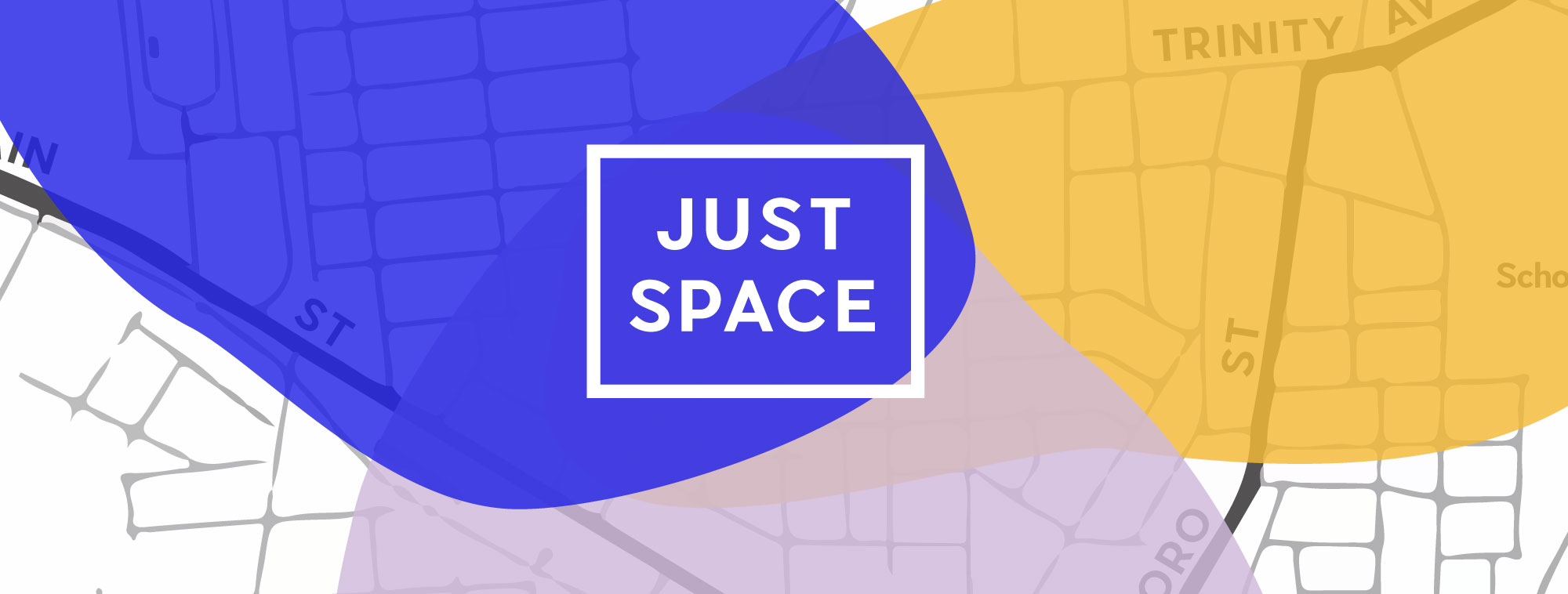Welcome to Just Space.
At Just Space, we believe that space matters and that space is a matter of justice. Spatial justice links social justice with space, and we believe that understanding the links between these topics renders us the ability to create more access and equity within our Duke and Durham communities. Spatial injustice is an outcome that can lead to space discrimination, and while the effects of this discrimination may easily identifiable to some, the underlying causes are often not. Understanding and exploring space allows us to recenter our physical world to better understand how injustice, however implicit or explicit, occurs in all aspects of our society.
Spatial justice includes the fair and equitable distribution of land and resources, and the ability to utilize those resources. Injustice is a universal issue, affecting local, national, and global societies. Just space, or unjust space, manifests at Duke and in Durham through housing access, physical landscapes, pay disparities, and a myriad of other ways.
We are committed to identifying and prioritizing justice, spatially and otherwise, and in working together, we can build a better, more equitable foundation for our community.
Sources:
HARVEY David, 1973, Social Justice and the City, London, Edward Arnold.
SOJA Edward W., 2000, Postmetropolis, Critical Studies of Cities and Regions, Oxford, Blackwell.
SOJA Edward W., 2010, Seeking Spatial Justice, Minneapolis, University of Minnesota Press.
https://www.jssj.org/wp-content/uploads/2012/12/JSSJ1-1en4.pdf
http://spatialjustice.org/about/how-to-identify-spatial-justice-issues/
https://medium.com/@culturehouse/spatial-justice-and-the-right-to-the-city-55b8dcc4e5b5
Space looks different in 2020, but physical and virtual space matter now more than ever. The Just Space team is looking forward to digging deep into justice and space in a unique way this year.
Check out our end-of-year report online.

Want updates on Just Space programming? Subscribe here.
